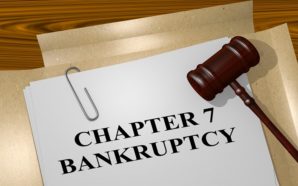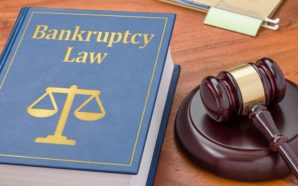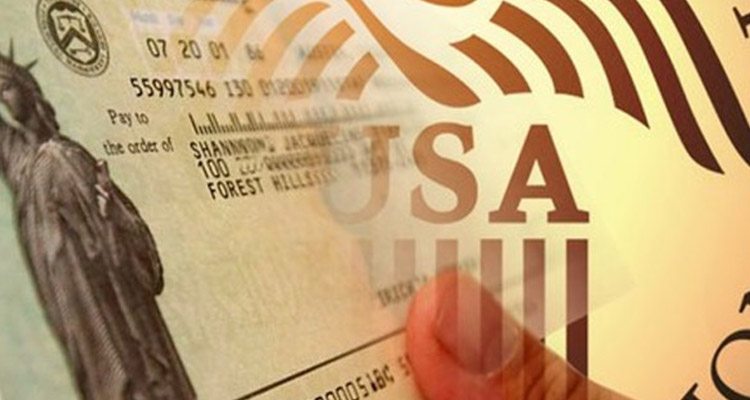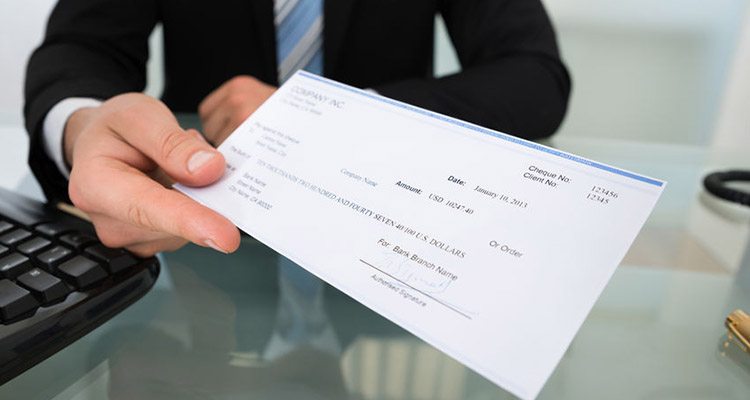The Most Frequently Asked Bankruptcy Questions
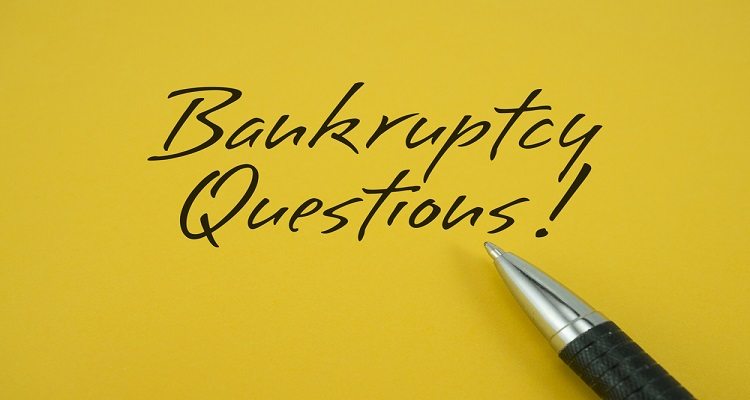
The most frequently asked bankruptcy questions are as follows:
Here are the answers to five of the most frequently asked bankruptcy questions.
1. What is bankruptcy?
Bankruptcy is the legal term used to describe a federal court procedure that helps debtors deal with their debts. This can be done by a combination of debt discharge and helping you devise (and stick to) a plan to repay them. During the proceeding, you will be protected from your creditors and lawsuits and you will be given the time to pay off your debts.
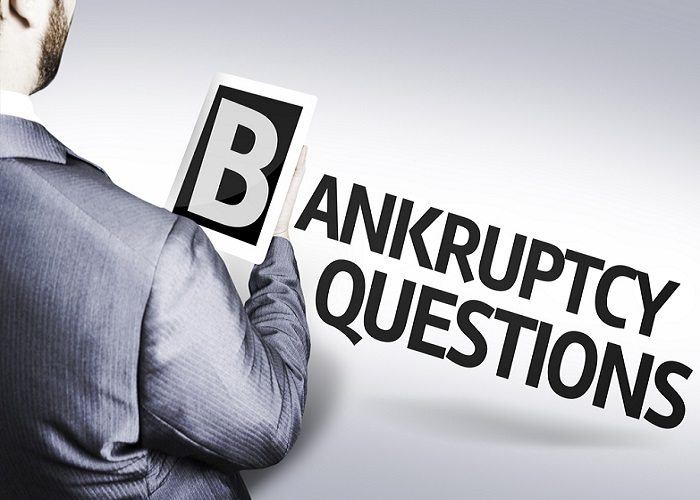
2. Will all my debts be wiped out?
No. All your debts will not be wiped out. In many justifiable cases, unsecured debts such as credit card debt or medical bills are be forgiven. However, payments like alimony, child support and taxes will not be forgiven. Student loans are also very rarely forgiven. Additionally, creditors can also argue against the discharge of a particular debt.
3. Should I file for bankruptcy?
Think very carefully before you file for bankruptcy. It is a very, very difficult process to go through and recovery from it can take years. Look at every possible option and keep bankruptcy as your last resort. Try negotiating a payment plan with your creditors.
If you’re just getting harassed by debt collectors, then you can request debt collectors to stop contacting you unless it is to serve a lawsuit notice or to let you know that collection efforts have ended. The Fair Debt Collection Practices Act allows you to do so.
You can try debt counselling to help you with resolving your crisis.
4. What is the difference between a Chapter 7 and a Chapter 13?
While both are most commonly filed for my individuals, there are key differences between the two types of bankruptcies.
In Chapter 7 bankruptcy, you basically ask the federal court to discharge most of your debt. In return, the bankruptcy trusteewill take all your non-exempt property, sell all of it and use the money to pay off your creditors.
In Chapter 13 bankruptcy, you ask the federal court to grant you protection from your creditors while you prepare and execute a plan to pay off most or all of your debts over a 3 or 5 year period. The amount of debt you have to pay off will depend on your income, your debt amount and how much property your own.
5. Will I lose my property if I file for bankruptcy?
If you have filed for a Chapter 13, you will not lose any property because the idea is that you will repay your debts, just spread over a longer period of time.
In the case of a Chapter 7, there are certain types of property you cannot lose – these are called non-exempt properties.
A good idea will be to go through the Us Bankruptcy Code or consult with an attorney clarify bankruptcy questions.



